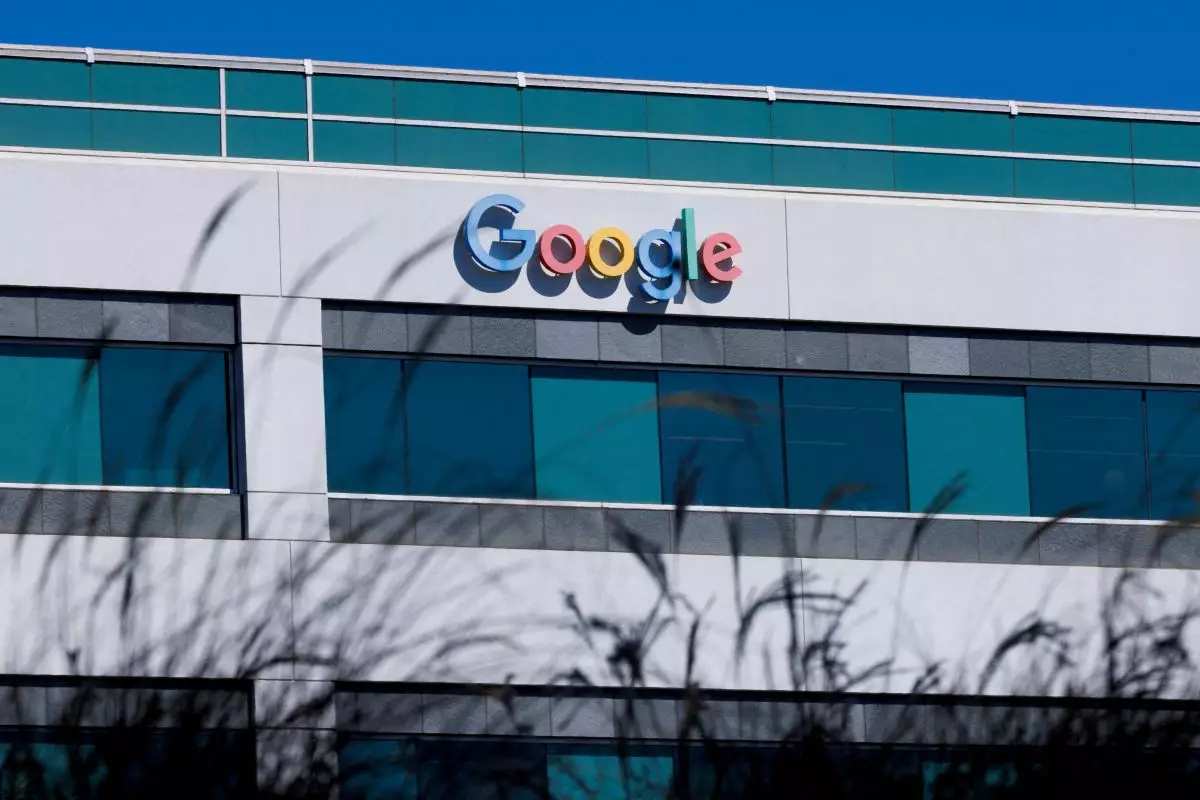In a significant legal case that highlights the power dynamics within the tech industry, a federal judge in California has temporarily paused an order that would have mandated substantial changes to Google’s Android app store, Play. This development arises from a broader antitrust lawsuit initiated by Epic Games, the developers behind the popular game “Fortnite.” Faced with allegations of unfair monopolistic practices, Google has been under scrutiny for how it manages app accessibility and in-app payment methods within its ecosystem.
U.S. District Judge James Donato delivered his ruling on Friday, citing the need for further review by the 9th U.S. Circuit Court of Appeals. The pause was requested by Google, which argued that the immediate implementation of Donato’s injunction would not only jeopardize their business model but could also pose safety and security risks for Android users. While the judge granted the temporary halt, he did not allow Google to suspend the enforcement of this order during the broader appeal process. This middle-ground decision demonstrates the intricate balance that courts must strike in cases involving fast-evolving technology and antitrust laws.
In response to the ruling, Google expressed relief that the court recognized the potentially hazardous implications of the abrupt changes demanded by Epic Games. They framed their argument around concerns for user safety, asserting that the upcoming alterations would expose Android users to various security vulnerabilities. Despite these claims, critics, including Epic, argue that Google’s reaction is largely grounded in maintaining a monopoly and protecting its revenue stream from app distributions by stifling competition. Google’s stance raises potent questions about how companies justify their practices when faced with accusations of monopolistic behavior.
Epic Games has remained resolute in its opposition to Google’s practices. Following the judge’s decision, the company asserted that the court’s ruling signifies weak merit in Google’s appeal, characterizing the apprehensions raised by Google as unfounded. They argue that these concerns are merely tactics employed to maintain their dominance and suppress competition. The lawsuit stems from a jury’s verdict indicating that Google had, indeed, engaged in monopolistic conduct regarding app distribution and payment processing on Android devices.
Implications for the Tech Industry
This ongoing legal battle underscores larger themes within the technology sector, particularly around issues of consumer choice, competition, and the nature of monopolistic practices. The ruling not only affects Google but serves as a critical moment for other tech giants grappling with similar allegations. Moreover, the case raises essential questions about how app marketplaces operate and the need for regulatory reforms to ensure fair practices.
While the temporary pause provides Google with breathing space, the broader implications for competition in the app ecosystem and the potential for regulatory intervention remain significant. The outcome of this case could either reinforce or reshape how digital marketplaces are governed, influencing the dynamics of the tech industry for years to come.

Leave a Reply